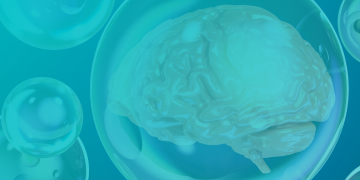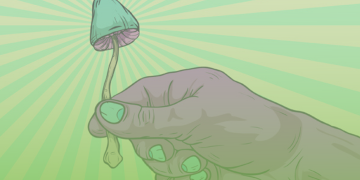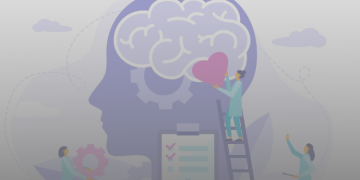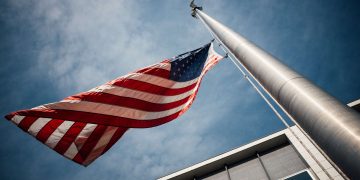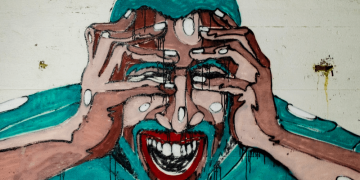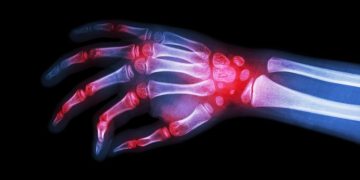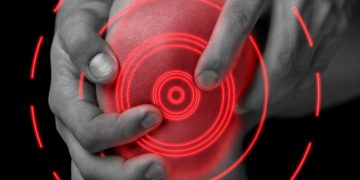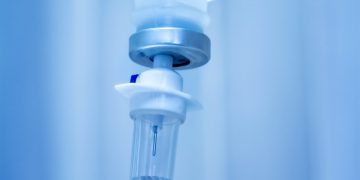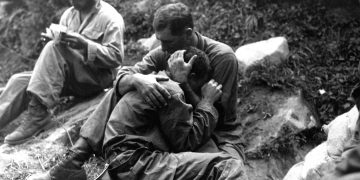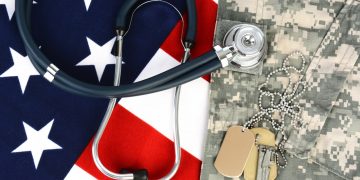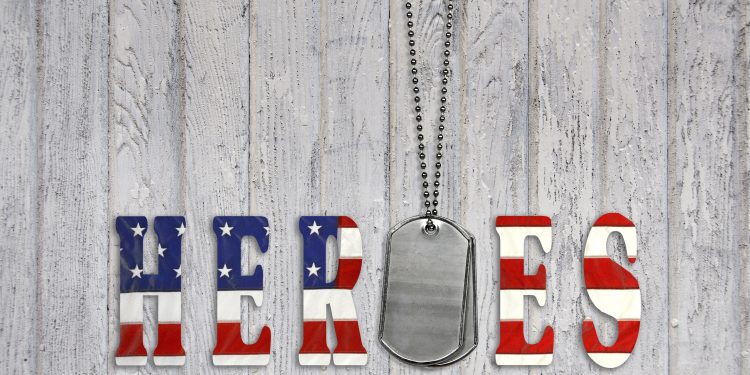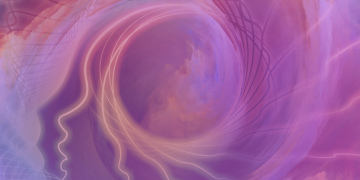President Donald Trump said on Wednesday that the government will purchase “a lot” of the drug esketamine, a derivative of ketamine.
Though ketamine is known as a recreational hallucinogen, Trump asserted that a new nasal-spray derivative would be of great benefit to veterans with depression. As he left the White House for a veterans’ conference in Kentucky, he told reporters that he had instructed the Department of Veterans Affairs to make a large purchase—overriding a recent decision by the doctors who manage the hospitals’ formulary of which drugs are to be prescribed.
“There’s a product that’s made right now that just came out by Johnson & Johnson which has a tremendously positive—pretty short-term, but nevertheless positive—effect,” Trump said. But that statement is contrary to the evidence. A review by the Food and Drug Administration of what limited studies have been done with esketamine found mixed results, leaving many scientists unsure if the drug is indeed effective and safe. Just last week, the agency published a report that said the drug was not reliably better than placebo.
Rates of suicide among veterans have perennially been about 50 percent higher than those among people who were never in the military. Then, last year, the VA reported that rates increased by 10 percent among younger veterans in particular. Despite pressure to better address and treat suicidal depression, the VA’s medical advisory board voted in June against including esketamine in the list of drugs that the hospital system offers in its formulary. The VA declined to comment on its decision, but current guidelines, a VA spokesperson told me by email, allow for esketamine’s occasional use in “veterans who have not previously responded to adequate trials of other available treatments for major depression.
Esketamine recently underwent an expedited trial to see if it could be of benefit for people with depression. In March, the FDA granted a controversial fast-track approval to the drug (which is sold under the brand name Spravato) for use in severe depression. Only one of three clinical trials showed any benefit. The drug was not shown to decrease suicide: three patients who were taking the drug died by suicide during the clinical trials, compared with none who weren’t.
The FDA ultimately voted to approve the drug, but only for use in conjunction with an oral antidepressant medication, and only for the treatment of severe cases of depression where other approaches haven’t helped. Given the many potential adverse effects, the drug has to be administered by a physician. The patient then has to be overseen for two subsequent hours. Effectively, esketamine was deemed safe enough for doctors to consider prescribing when everything else has failed and a person is still suffering.
This is a far cry from the promises the president made to veterans. “Hopefully we are getting it at a very good cost,” Trump said. “I guess it’s a form of a stimulant where if somebody is really in trouble from the standpoint of suicide, it can do something.” The drug is, in fact, a sedative; ketamine has long been used as an anesthetic. And its daily cost is $737.50.
Speaking to veterans later that day in Kentucky, Trump reiterated the promise: “I’ve instructed the top officials to go out and get as much of it as you can from Johnson & Johnson.”
Despite Trump’s remarks, the VA spokesperson, Susan Carter, told me that the agency has no immediate plans to change its policy: “VA will closely monitor the use of esketamine in veterans to more fully understand its relative safety and effectiveness as compared to other available treatments. Based on this information, VA may revise its clinical guidance and formulary status if warranted.”
Even if the drug does prove safe and effective enough for the VA to adopt it widely, by no measure would it constitute a comprehensive approach to preventing suicide. Antidepressant medications of all sorts have only ever constituted part of an effective treatment plan.
Preventing the onset and escalation of depression in high-risk groups is more difficult still. It involves building community and connection—creating and maintaining healthy avenues for veterans to process trauma, reintegrate into the often directionless maw of civilian life, and recalibrate a sense of purpose and belonging. Putting great hope in a nasal spray—as anything more than an emergency last resort in extreme cases—is to overlook the fundamental complexity of depression, and to miss the root causes of the disease.
Original Article:
https://www.theatlantic.com/health/archive/2019/08/trump-ketamine/596716/


